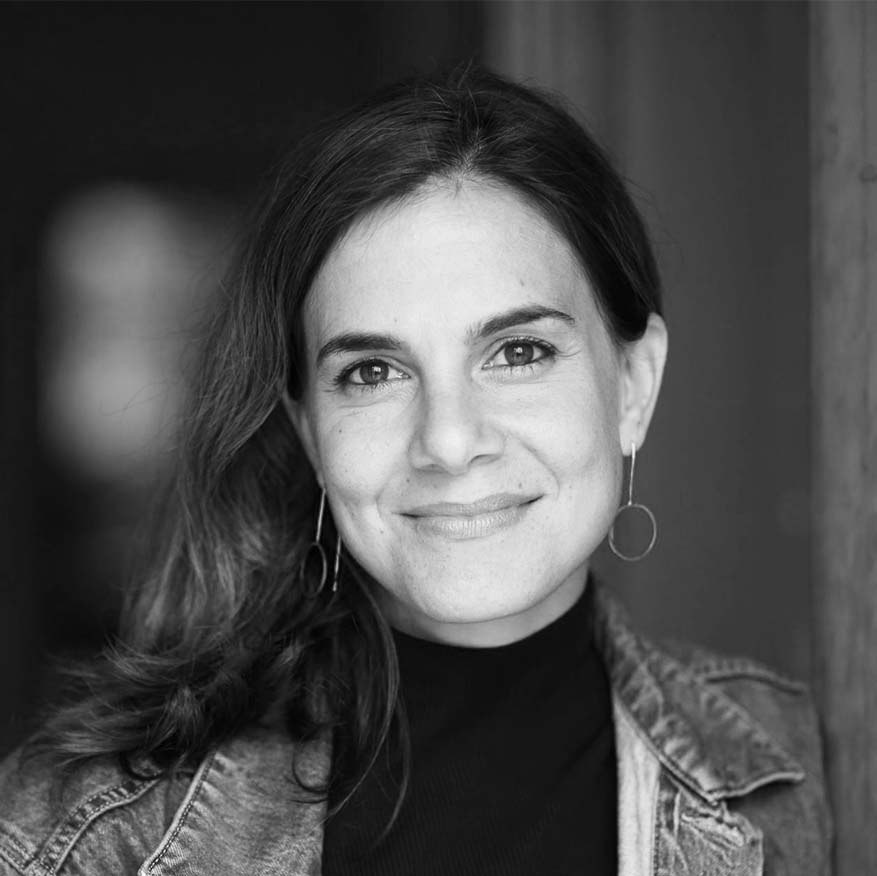Finalist
Erika Sasson
Proving that even the most difficult of crimes — homicide — can be treated with care, healing, and using restorative justice

- Year
- 2023
- Sector
- Human Rights
- Borough
- Brooklyn

Restorative justice is an approach that reframes the central questions we ask in the aftermath of harm. Instead of focusing solely on punishment, restorative justice asks those most impacted what they need to heal, while offering those who caused harm an opportunity to take responsibility for their actions. People who opt-in to this voluntary process often find healing through connection, rather than through separation. This approach is not new; rooted in indigenous teachings, many communities in New York have already resolved serious harms using restorative justice methods.
Erika is taking this kind of practice to the cutting-edge: using it for homicide cases, and other types of uncharted, complex harm. After receiving referrals from District Attorney offices in NYC and establishing a team of co-facilitators, Erika implements an independent process over many months whereby participants - both families of victims and those accused - heal, take accountability, and move forward.
Through this work, Erika aims to demonstrate the effectiveness of restorative justice for the most difficult cases, creating a framework for broader adoption in New York City. She brings a unique background as an attorney with over a decade of experience as a leading restorative justice practitioner. Erika's vision is to transform NYC into a city that prioritizes alternatives to punishment, offering opportunities for growth, healing, and safety for all involved.